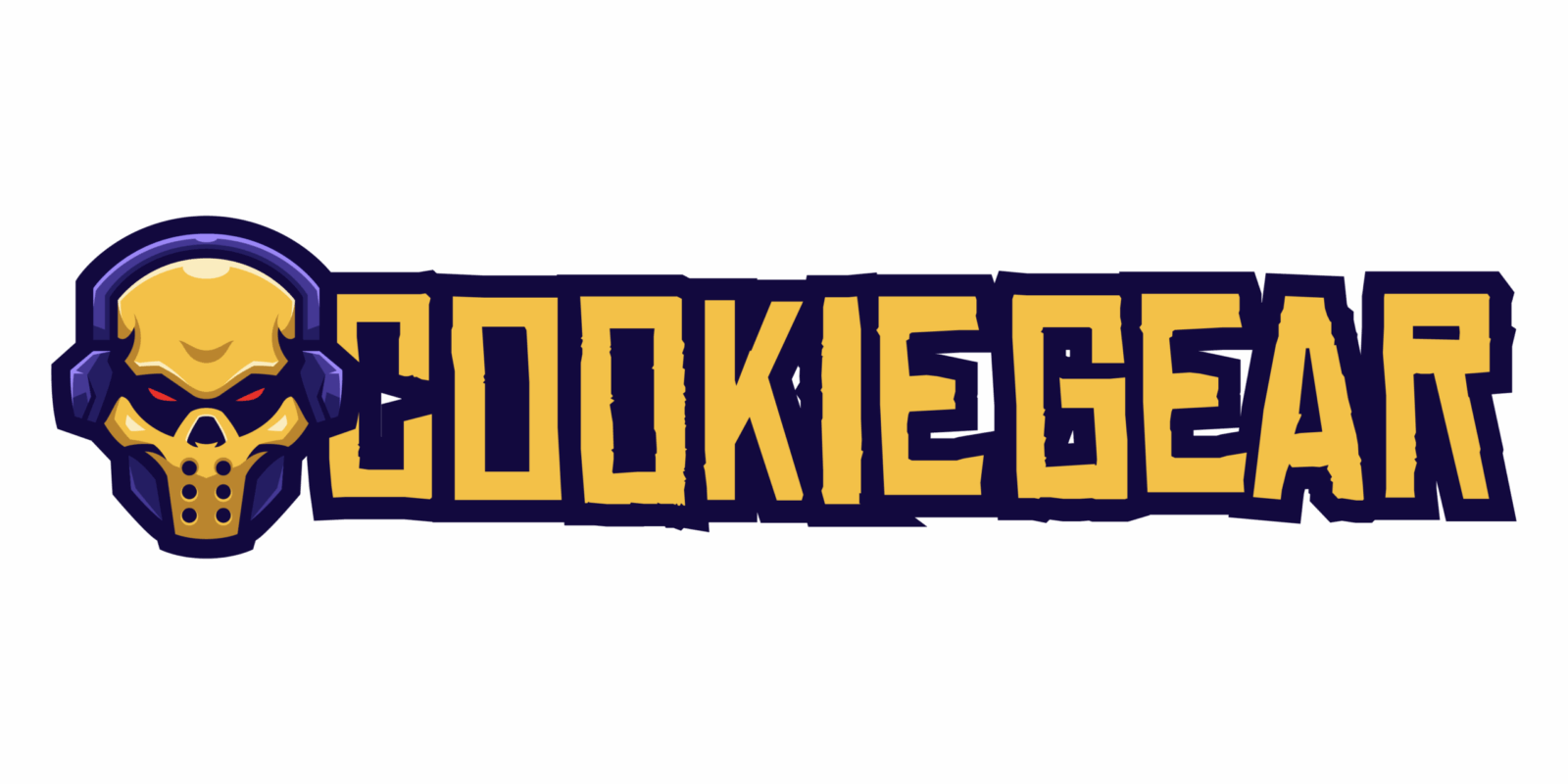What Is mozillod5.2f5?
Let’s clear the air. mozillod5.2f5 isn’t just another opensource project with a funky name. It’s part of Mozilla’s continued push into decentralization and privacyfirst design. While details are still under wraps in some corners, at its core, mozillod5.2f5 appears to be a modular framework focused on enabling fast, decentralized app development.
Imagine building apps where data ownership isn’t an afterthought and users aren’t the product. That’s the territory mozillod5.2f5 is staking out.
Why You Should Care
We’re all drowning in data—and most of it’s sitting on servers we don’t control. mozillod5.2f5 challenges that model. It offers:
Decentralized architecture: No single hub holding everything. Great for privacy, better for transparency. Lightweight modules: Plug in what you need, ignore what you don’t. Streamlined and efficient. Open standards: Built to evolve, not lock you into one platform or codebase.
If you’ve been watching how people build tools that respect user rights, you’ll get why this matters. It’s about shifting power and enabling creativity without compromise.
How It Works
mozillod5.2f5 leans into modular design logic. Think of it like a box of Legos for developers—each piece small, purposeful, and stackable. You use just what you need, which lowers the bloat and keeps performance tight.
While implementation may vary, expect to see:
APIfirst philosophy Service mesh compatibility Optimized for WebAssembly Builtin identity management
The goal isn’t to replace existing ecosystems—it’s to make it easier and safer for anyone to build digital spaces that don’t leak data or lock people in.
Use Cases in the Real World
Here’s where it gets interesting. Developers are already experimenting with mozillod5.2f5 in projects like:
Decentralized chat apps that skip the middleman so conversations stay private. Communityled publishing platforms where content moderation isn’t dictated by algorithms. P2P marketplaces that let people buy, sell, or trade without exposing financial data or personal info.
These aren’t just sandbox experiments. They reflect a real appetite for alternatives to topheavy platforms and surveillancebased monetization.
Comparison to What’s Out There
Look at what’s already flooding the market—centralized platforms, bloated toolkits, frameworks that prioritize flashy features over user agency. In contrast, mozillod5.2f5 strips things down to the essentials:
| Feature | mozillod5.2f5 | Traditional Platforms | |||| | Decentralized by design | Yes | Rare | | Opensource ecosystem | Core value | Often secondary | | Modular + lightweight | Absolutely | Depends (often not) | | Builtin privacy | From the ground up | Usually bolted on |
The result? Faster innovation, lower overhead, and systems that actually respect users—basically the holy grail most devs say they want but rarely get.
Developer Feedback So Far
Initial reactions from the dev community are cautiously optimistic:
“It’s like getting a fresh start—without legacy baggage.”
> – Systems Arch, Freelance Contributor
“Finally, something I can use without spending most of my time patching security holes.”
> – Backend Dev, Fintech Startup
“Plays surprisingly well with Rust. That opens up a lot of doors.”
> – OSS Maintainer
Of course, it’s early. There’ll be bugs. There’ll be tweaks. But the fundamentals look solid.
What’s Coming Next for mozillod5.2f5
Mozilla hasn’t officially published a full roadmap, but based on community chatter and early commits, here’s what might be on the horizon:
Improved UX frameworks for seamless frontend integration Crossplatform support targeting mobile environments Security hardening using zerotrust principles Expanded documentation and demo templates
For developers, designers, and even digital civil liberties advocates, this is fertile ground. Everybody’s watching to see what’ll grow from it.
Why It Might Stick
Most new frameworks burn out. They launch with noise, fade into GitHub silence. But mozillod5.2f5 has a few things in its favor:
Backed by Mozilla: not some VCbacked startup thirsty for an acquisition. Solves realworld problems: like data sovereignty and bloatfree app delivery. Communityfirst DNA: it’s built to evolve with feedback, not inflate with fluff.
In a digital world tired of surveillance and centralization, it’s solving problems people actually care about.
Final Takeaway
mozillod5.2f5 isn’t magic. It’s not going to fix the web overnight or eliminate bad actors. But it’s a step in the right direction—lean, honest, permissionless tools for people who want to build better things online.
If you’ve been waiting for a framework that balances power with ethics and doesn’t treat privacy like a feature—this might be it. Don’t sit this one out.




